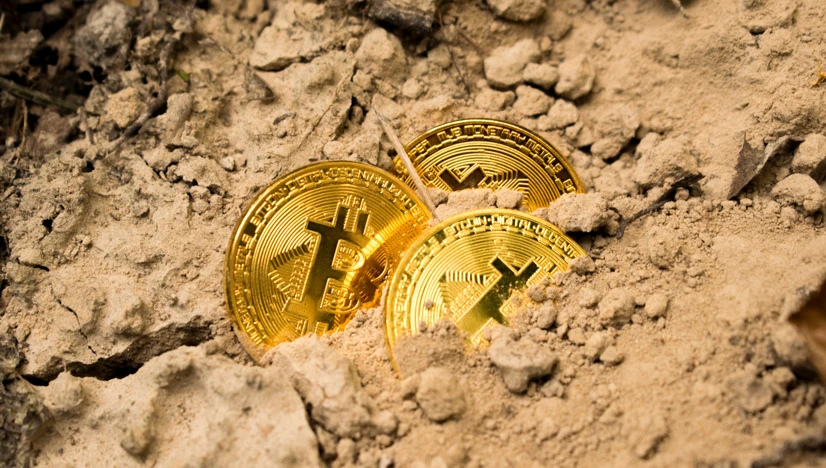✕
The future of money
Nigel Dodd
Level: beginner
Photo by Dmitry Demidko on Unsplash
From the resurging interest in Karl Marx's critique of capitalism to the Occupy Movement’s challenge to the financial sector, money is still seen as one of the primary sources of injustice and inequality in the world.
In this two-part course, sociologist Nigel Dodd examines the nature of finance today and argues that new forms of money, from Bitcoin to the Bristol Pound, have the potential to bring about a better society.
You will learn about:
- The barter and debt theories of money.
- How quantitative easing works.
- The collapse of the cash economy and how digital technologies are transforming our relationship to finance.
- What alternative forms of money have a progressive social potential.
Through video lectures, questions and suggested reading discover what money is and how it can be transformed to achieve social justice. Share your ideas and support your learning through our discussion boards and test your knowledge with an end of course assessment.
We use cookies on our website. Click on Accept to help us to make Exploring Economics constantly better!


